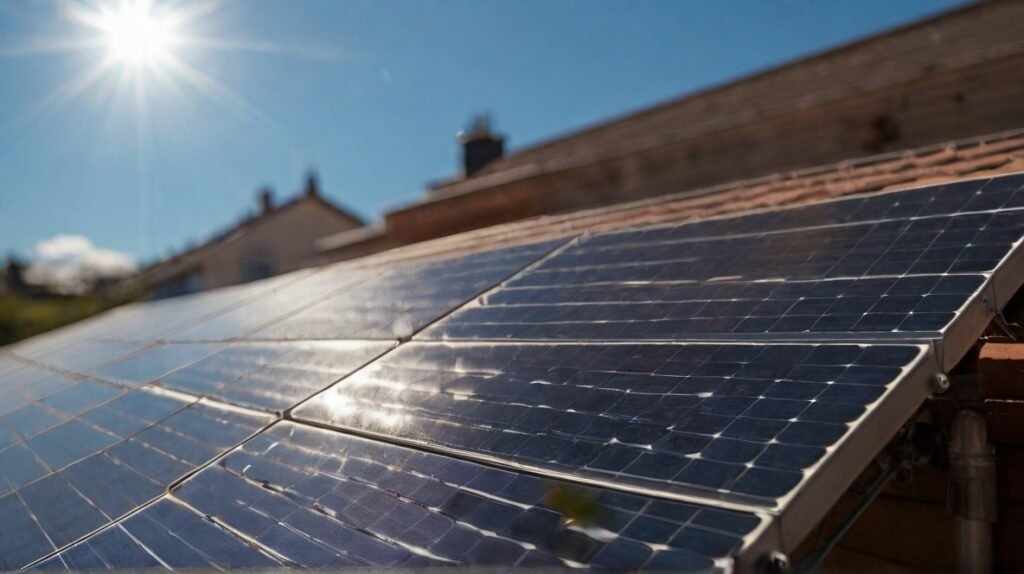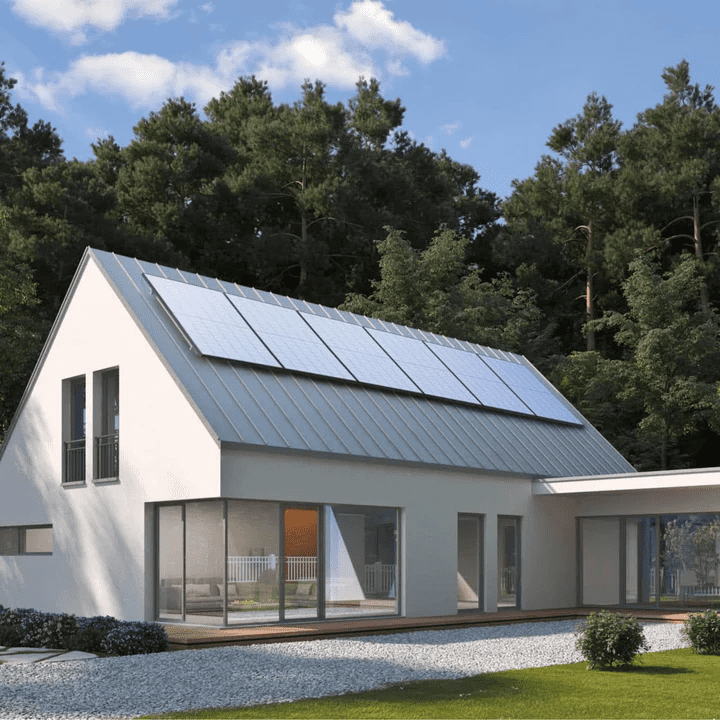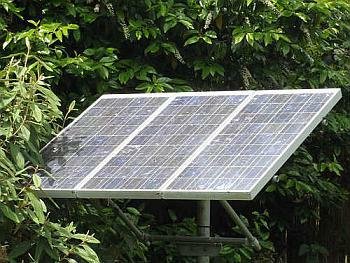Are you considering installing solar panels on your home but feeling overwhelmed by the multitude of options available? Look no further! This ultimate guide will walk you through the important factors to consider when choosing the best solar panels for your home. From efficiency and cost to warranty and installation, we’ve got you covered. By the end of this article, you’ll feel confident in making an informed decision that suits your needs and budget. Let’s get started on your journey to a more sustainable and energy-efficient home!
The Ultimate Guide on How to Choose the Best Solar Panels for Your Home
Are you considering making the switch to solar energy for your home? The first step towards harnessing the power of the sun is choosing the right solar panels. With so many options available on the market, it can be overwhelming to determine which solar panels are best suited for your needs. In this ultimate guide, we will walk you through everything you need to know about selecting the best solar panels for your home.
Understanding Solar Panels: How Do They Work?
Before diving into the selection process, it’s important to understand how solar panels work. Solar panels are made up of photovoltaic cells, which convert sunlight into electricity through the photovoltaic effect. When sunlight hits the solar panels, electrons are dislodged from their atoms, creating an electric current. This electricity is then converted from direct current (DC) to alternating current (AC) by an inverter, making it usable for your home.
So, in simple terms, solar panels harness the power of sunlight to generate electricity for your home.

Types of Solar Panels: Monocrystalline vs. Polycrystalline vs. Thin-Film
When it comes to choosing solar panels, there are three main types to consider: monocrystalline, polycrystalline, and thin-film.
-
Monocrystalline: Made from single-crystal silicon, monocrystalline solar panels are known for their high efficiency and sleek black appearance. They are space-efficient and perform well in high temperatures, making them ideal for residential use.
-
Polycrystalline: Polycrystalline solar panels are made from multiple silicon crystals, giving them a speckled blue appearance. While they are less efficient than monocrystalline panels, they are more cost-effective and have a shorter energy payback time.
-
Thin-Film: Thin-film solar panels are lightweight and flexible, making them ideal for installations where traditional panels may not be suitable. However, they are less efficient and degrade faster than crystalline panels.
Consider your budget, space availability, and energy requirements when choosing between these types of solar panels.

Factors to Consider When Choosing Solar Panels
Now that you are familiar with the types of solar panels available, let’s dive into the key factors you should consider when selecting solar panels for your home.
1. Efficiency
The efficiency of a solar panel refers to its ability to convert sunlight into electricity. Higher efficiency panels will produce more electricity per square foot of space. While monocrystalline panels are known for their high efficiency, they also come at a higher cost. Consider your energy needs and available space when deciding on the level of efficiency you require.
2. Durability
Solar panels are a long-term investment, so it’s essential to choose panels that are durable and can withstand harsh weather conditions. Look for panels with a strong frame and a high wind and snow load rating to ensure they will hold up over time.
3. Warranty
Solar panels come with different warranties that cover defects, performance, and other aspects of the product. A strong warranty indicates that the manufacturer stands behind their product and will provide support if any issues arise. Look for panels with a warranty of at least 25 years to ensure long-term protection.
4. Cost
Cost is a significant factor when choosing solar panels for your home. While monocrystalline panels are more expensive upfront, they may save you money in the long run due to their high efficiency. Consider the return on investment for each type of panel to determine the best option for your budget.
5. Aesthetics
Solar panels will be a visible addition to your home, so consider the aesthetic appeal of the panels you choose. Monocrystalline panels are known for their sleek black appearance, while polycrystalline panels have a speckled blue look. Thin-film panels may be a better option if you prefer a more discreet installation.

Choosing the Right Solar Panel Size
Once you have considered the factors mentioned above, it’s time to determine the right size of solar panel system for your home. The size of your solar panel system will depend on your energy consumption, available roof space, and budget.
Consult with a solar energy provider to assess your energy needs and recommend the appropriate system size for your home. They will take into account factors such as your average energy usage, roof orientation, and shading to design a solar panel system that meets your requirements.

Installation and Maintenance Tips
After selecting the best solar panels for your home, the next step is the installation process. It’s essential to hire a professional solar installer who is certified and experienced in solar panel installations. A qualified installer will ensure that your panels are correctly installed and connected to your electrical system.
Once your solar panels are installed, regular maintenance is crucial to ensure optimal performance. Here are some maintenance tips to keep your solar panels in top condition:
-
Regular Cleaning: Keep your solar panels clean by removing dirt, dust, and debris that may accumulate on the surface. This will help maximize sunlight absorption and maintain efficiency.
-
Annual Inspections: Schedule annual inspections with a professional to check the condition of your solar panels and identify any issues that need to be addressed.
-
Monitor Performance: Keep track of your solar panel system’s performance through monitoring software. This will allow you to detect any deviations in energy production and address them promptly.
By following these installation and maintenance tips, you can ensure that your solar panels operate efficiently and provide clean energy for your home for years to come.

Conclusion
Choosing the best solar panels for your home is a significant decision that requires careful consideration of various factors. By understanding how solar panels work, the different types available, and the key factors to consider, you can make an informed choice that suits your energy needs and budget.
Remember to consult with a professional solar energy provider to assess your requirements and recommend the most suitable solar panel system for your home. With the right solar panels installed and maintained correctly, you can enjoy the benefits of clean, renewable energy while reducing your carbon footprint.









